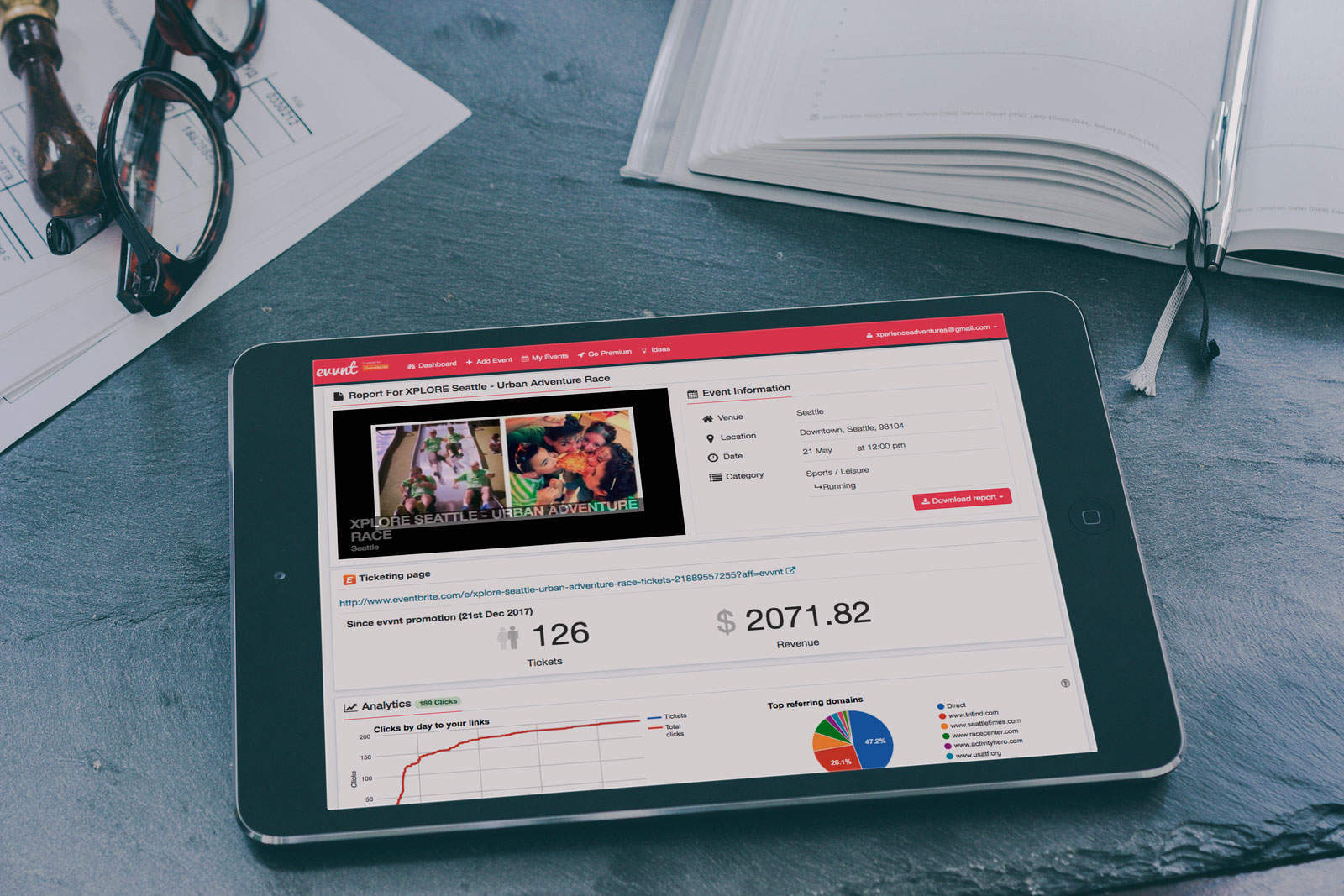
The UK events industry is thriving, and shows no indication of slowing down. The sector is currently worth £42.3bn according to the 2018 Pulse Report – an 8% rise on the previous year.
Contrary to popular belief, corporate events like conferences and meetings are in fact responsible for the highest spend. This sector has a value of £19.9bn, while more conventionally popular categories like festivals and sporting events were each valued at £2.3bn.
This is due to the sheer number of corporate events held across the country on a daily basis, in contrast to the more sporadic but sizeable music and sports events.
The transformation of the events industry
Not only has the events industry experienced massive growth in recent years, but it’s also undergone significant change; organisers have had to adapt to new trends and changing consumer preferences.
Recent movements like activities-based experiences and livestreaming are taking the field by storm and revolutionising the ways that events are planned and marketed.
For instance, with over 1.3 million business events held in the UK annually, companies planning corporate events have altered their approach in order to provide attendees with a more interesting experience.
How well do you really know your competitors?
Access the most comprehensive Company Profiles on the market, powered by GlobalData. Save hours of research. Gain competitive edge.

Thank you!
Your download email will arrive shortly
Not ready to buy yet? Download a free sample
We are confident about the unique quality of our Company Profiles. However, we want you to make the most beneficial decision for your business, so we offer a free sample that you can download by submitting the below form
By GlobalDataTraditional functions are steadily being upgraded through the incorporation of interactive activities, unusual venues, apps, VR and bespoke food and drink options.
Ultimately, organisers must understand how to utilise tech in this rapidly changing environment in order to attract the right audience. What’s more, the fact remains that there is little sense in putting on an exciting event if you cannot get enough attendees to fill the capacity.
The role of digital innovation
The emergence of disruptive technologies and the development of existing technologies has drastically changed the way organisers plan and market events.
Recent trends include the rise of powerful social media platforms, a growing interest in VR, and the development of event marketing technology that can significantly improve the way events are advertised.
Social media and the role of livestreaming
Uptake of social media in the events sector continues to grow; as well as Facebook listing a huge number of events to its users, apps like Snapchat and Instagram have also recently rolled out livestream functions.
The popularity of livestreaming is evident, opening the doors for organisers to increase both audience reach and engagement.
Livestreaming can attract customers that would not otherwise have attended the event and allows them to experience the occasion from a remote location.
Furthermore, the feedback features incorporated into many of these apps allow users to ‘react’ to a livestream, providing the host with instant consumer insight. The feature also encourages user participation, encouraging them to feel involved in the event.
The prominence of social media use at all events underlines the need to have high-speed and reliable Wi-Fi.
Attendee engagement on platforms like Instagram and Snapchat during events, particularly through the posting of photos and videos, is ever-increasing.
As a result, the availability and performance of Wi-Fi at all functions is naturally extremely important – indeed, 79% of event planners cited this as an ongoing issue for venues, with upgrades to their existing infrastructure needed to improve connectivity.
Rise in VR experiences
Away from the rise in social media, another exciting technological development in the event space is the prevalence of virtual reality (VR) experiences.
VR is becoming increasingly prominent within the industry, and has been utilised as a way to spark interest and entice new attendees.
Virtual tours and product demos can maximise marketing potential by allowing customers to engage with an event even before attending.
Anyone with a mobile device can access these services and get a feel for the upcoming function. Clips of previous events, for instance, can give potential customers some familiarity with the event to determine whether they would be interested in attending.
Meanwhile, for those at the events, VR headsets can offer really interesting and innovative ways for them to experience new things.
Further to this, developments such as the rise in virtual speakers and long-distance participation are changing the way attendees interact with an event. Take business conferences, for example: these events can utilise VR to secure speakers that would otherwise be unable to attend due their location or diary and can thereby improve audience engagement and interest in the conference.
As an added bonus, VR is a great way of boosting audience numbers without requiring the host to hire a larger physical space.
Events marketing technology
Of course, technology is not just helping companies put on more interesting and engaging events. Technologies are also now available for event organisers to significantly reduce time expenditure and help to improve visibility by expanding audience reach.
The integration of software, AI and digital technology within event planning and marketing has created simple solutions for problems facing organisers. Marketing events to potential attendees, for instance, has traditionally been a laborious task.
The organiser would have to list the event on a plethora of platforms, managing both the listing and the maintenance of that list. Thankfully, event automation tech allows event organisers to simplify the task of reaching out to the customer base.
With such a huge number of events happening every day in every city, it is critical that a business makes sure that the right audience groups hear about its event.
Whether it’s the opening of an art gallery or a small business networking session, an event needs to have reach and give itself the best possible chance of being seen – it does that by ensuring it is posted across all potential event listing sites and social media platforms.
This was the very problem that Evvnt has been tackling since its inception in 2012. As an events marketing platform, Evvnt simplifies the process of attracting attendees by providing organisers with a helpful resource to ensure that an event has the biggest possible reach.
Having built up a network of partner websites used for marketing events, the software-as-a-service (SaaS) tool delivers widespread awareness of events by automating the listing process – saving the event organisers time and money.
Businesses must embrace technology
Ultimately, regardless of the type of event – football match or financial services conference – the businesses behind it must embrace the new technologies on offer.
Not only can digital solutions make events more unique, interesting and deliver new experiences; but they can also make it easier and cheaper for organisers to attract attendees.
And so, with competition in the event space high and demands from consumers changing, organisers must take advantage of innovation to introduce new and enticing elements to their events.






